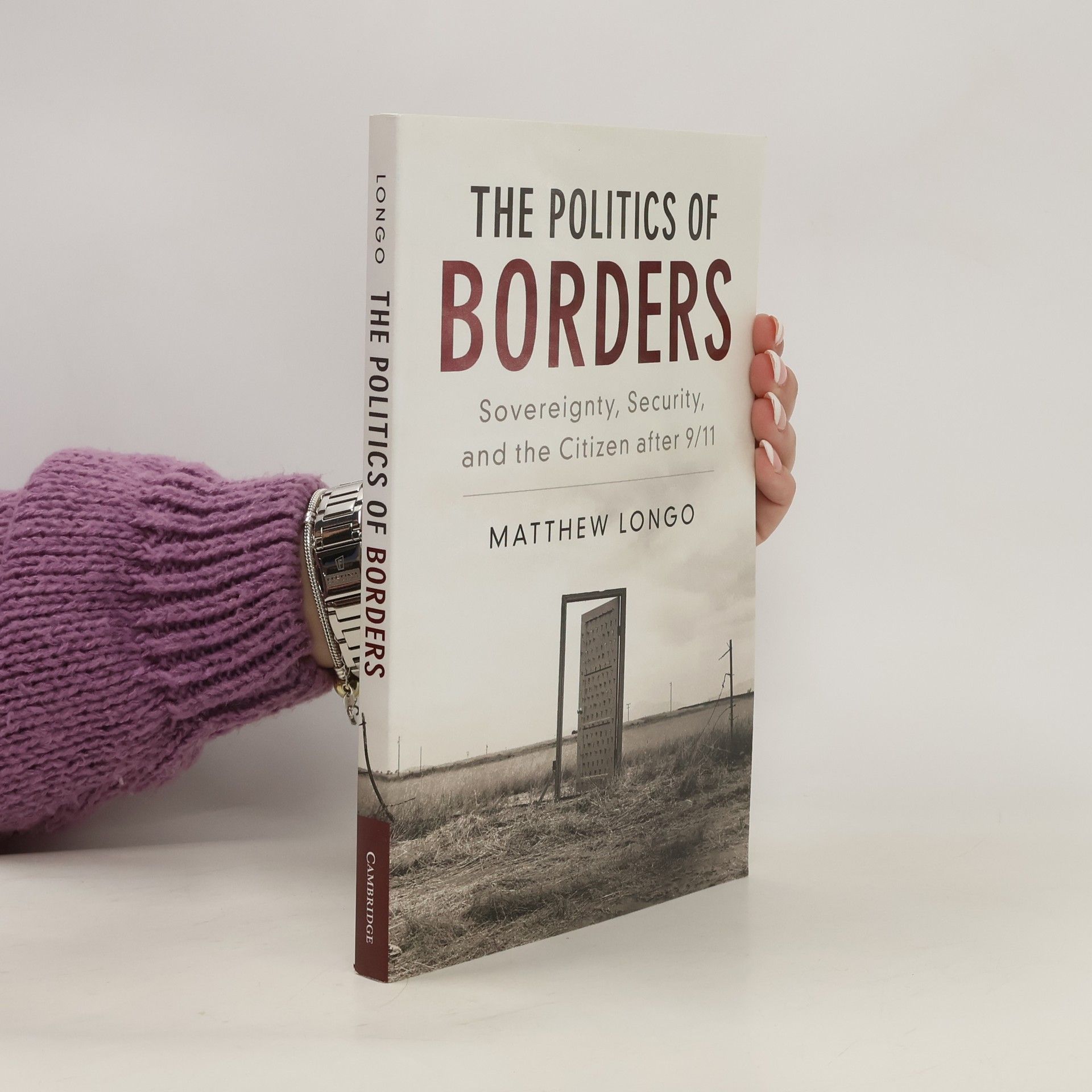Peaceland
- 360 pages
- 13 hours of reading
This book suggests a new explanation for why international peace interventions often fail to reach their full potential.
This series delves into the complexities of international politics, exploring the dynamics between nations. It focuses on themes of identity, security, conflict, democracy, and justice on a global scale. Each volume offers in-depth analysis of contemporary global challenges, contributing to an understanding of the evolving nature of nation-states within the international system.






This book suggests a new explanation for why international peace interventions often fail to reach their full potential.
Brings together arguments focussing on domestic and international factors to offer a coherent theory of the causes of ethnic cleansing.
This book explores the overlooked history of democratic rights movements in French colonies, shedding light on their struggles and significance.
Competitive authoritarian regimes – in which autocrats submit to meaningful multiparty elections but engage in serious democratic abuse – proliferated in the post–Cold War era. Based on a detailed study of 35 cases in Africa, Asia, Latin America, and post-communist Eurasia, this book explores the fate of competitive authoritarian regimes between 1990 and 2008. It finds that where social, economic, and technocratic ties to the West were extensive, as in Eastern Europe and the Americas, the external cost of abuse led incumbents to cede power rather than crack down, which led to democratization. Where ties to the West were limited, external democratizing pressure was weaker and countries rarely democratized. In these cases, regime outcomes hinged on the character of state and ruling party organizations. Where incumbents possessed developed and cohesive coercive party structures, they could thwart opposition challenges, and competitive authoritarian regimes survived; where incumbents lacked such organizational tools, regimes were unstable but rarely democratized.
The book explores how a state's foreign policy objectives and international relations influence its approach to ethnic groups, determining whether they are integrated or marginalized within society. It delves into the dynamics between a nation's strategic interests and its treatment of minority populations, offering insights into the broader implications of these policies on social cohesion and national identity.
Borders are changing in response to terrorism and immigration. This book shows why this matters, especially for sovereignty, individual liberty, and citizenship.
In 2011, hundreds of thousands of Syrians marched peacefully to demand democratic reforms. Within months, repression forced them to take arms and set up their own institutions. Two years later, the inclusive nature of the opposition had collapsed, and the PKK and radical jihadist groups rose to prominence. In just a few years, Syria turned into a full-scale civil war involving major regional and world powers. How has the war affected Syrian society? How does the fragmentation of Syria transform social and sectarian hierarchies? How does the war economy work in a country divided between the regime, the insurgency, the PKK and the Islamic State? Written by authors who have previously worked on the Iraqi, Afghan, Kurd, Libyan and Congolese armed conflicts, it includes extensive interviews and direct observations. A unique book, which combines rare field experience of the Syrian conflict with new theoretical insights on the dynamics of civil wars.
This book explores the surprising similarities in the political ideas of the American and Latin American independence movements.
Making Co-Nationals, Refugees, and Minorities
The book explores how a state's foreign policy objectives and international relations influence its approach to ethnic groups, shaping either assimilation or exclusion policies. Through a detailed analysis, it examines the interplay between geopolitical interests and domestic ethnic dynamics, offering insights into the motivations behind a nation's treatment of its minority populations.
Akturk explores the evolving definitions of German, Soviet, Russian, and Turkish identities at the turn of the twenty-first century. He examines how historical laws shaped nationhood and highlights the significant policy changes driven by counterelites, new discourses, and hegemonic majorities, using a new typology of 'regimes of ethnicity.'
This book proposes a new way of understanding events throughout the world that are usually interpreted as democratization, rising authoritarianism, or revolution. Where the rule of law is weak and corruption pervasive, what may appear to be democratic or authoritarian breakthroughs are often just regular, predictable phases in longer-term cyclic dynamics - patronal politics.
The narrative explores the journey of democracy in Indonesia, the world's largest Muslim-majority nation. It delves into the historical, cultural, and political factors that contributed to the establishment and entrenchment of democratic principles in the country. Through various events and key figures, the book examines the challenges and triumphs faced in the pursuit of a democratic society, offering insights into Indonesia's unique political landscape and the broader implications for democracy in similar contexts.